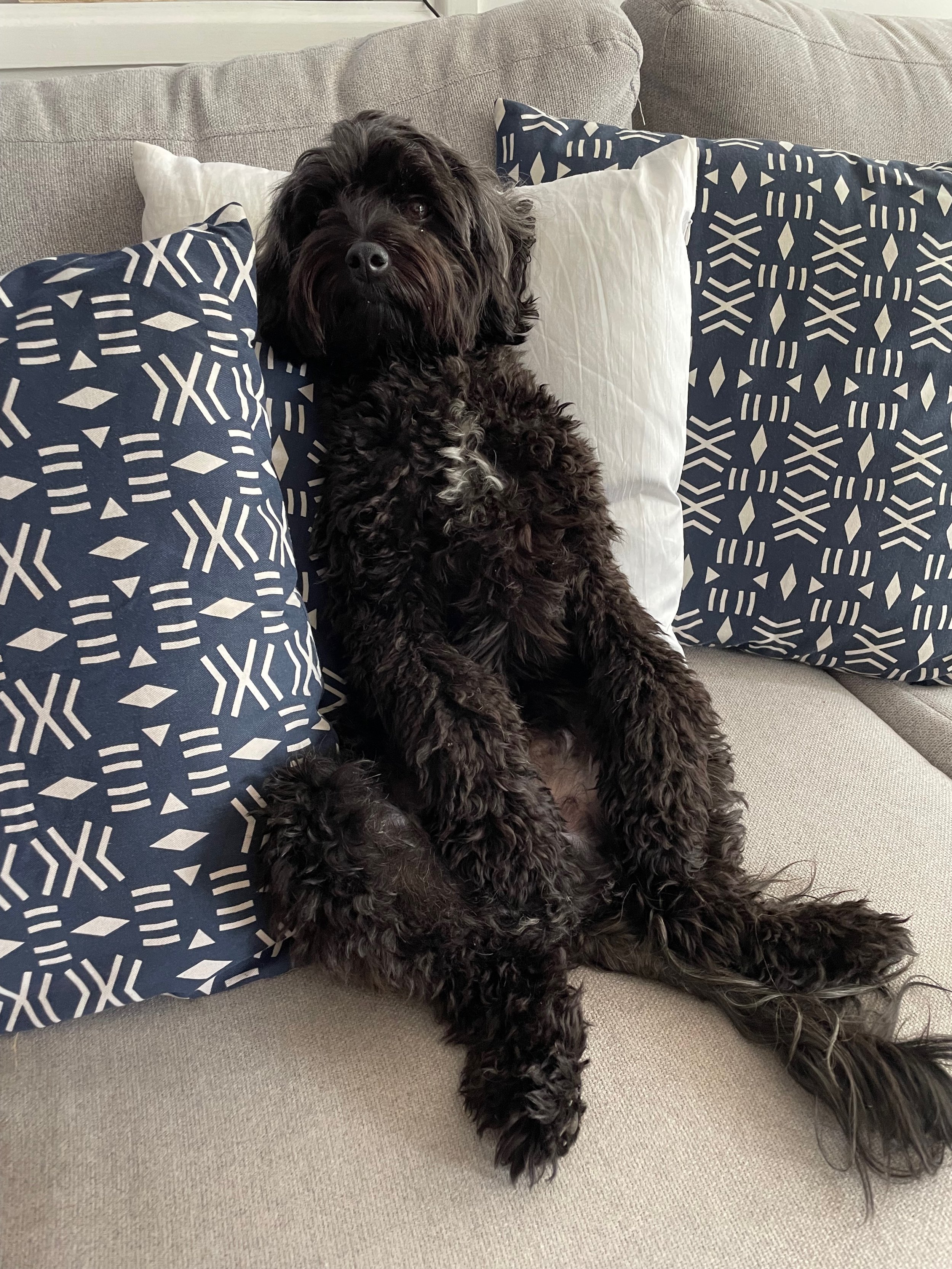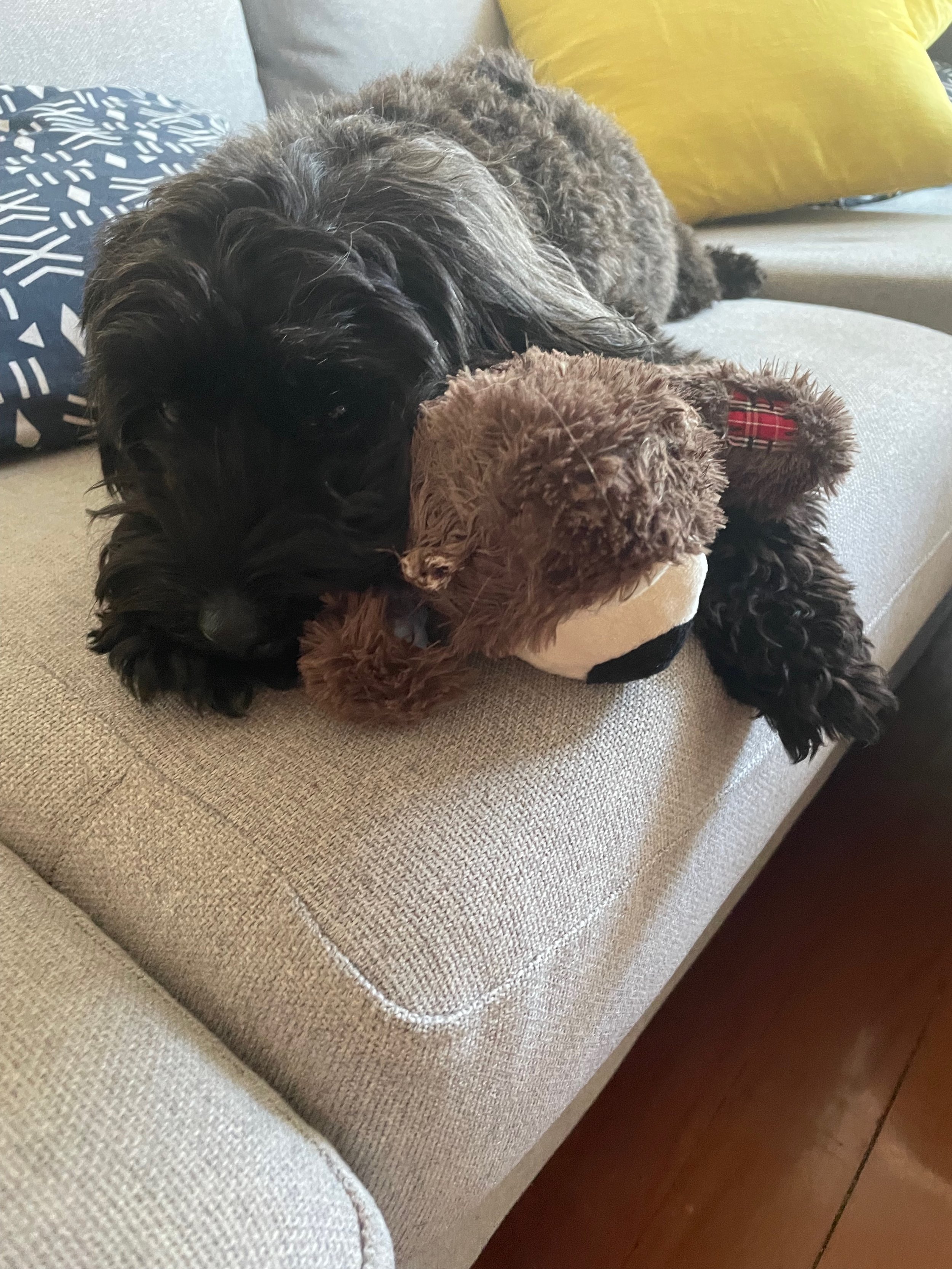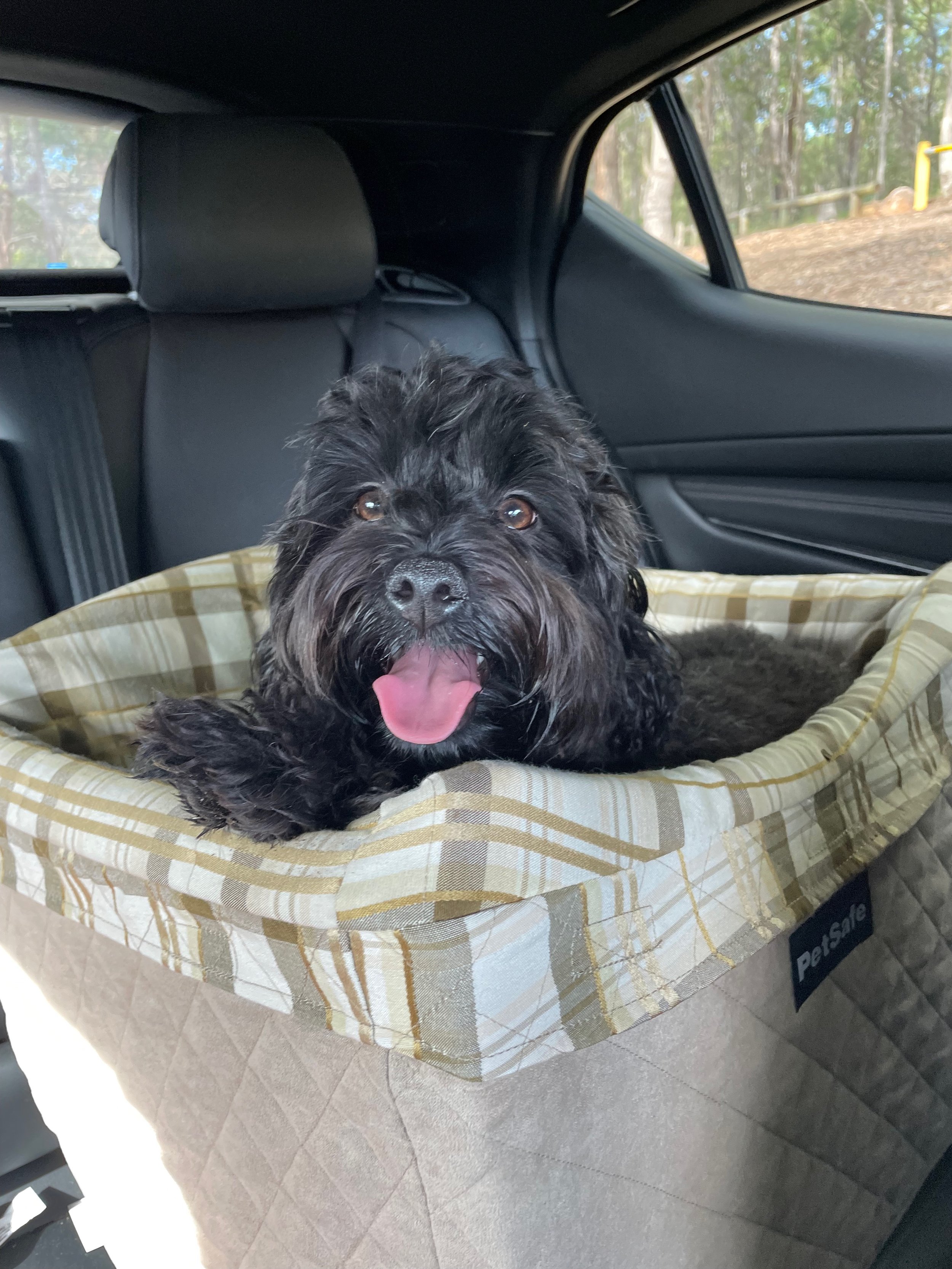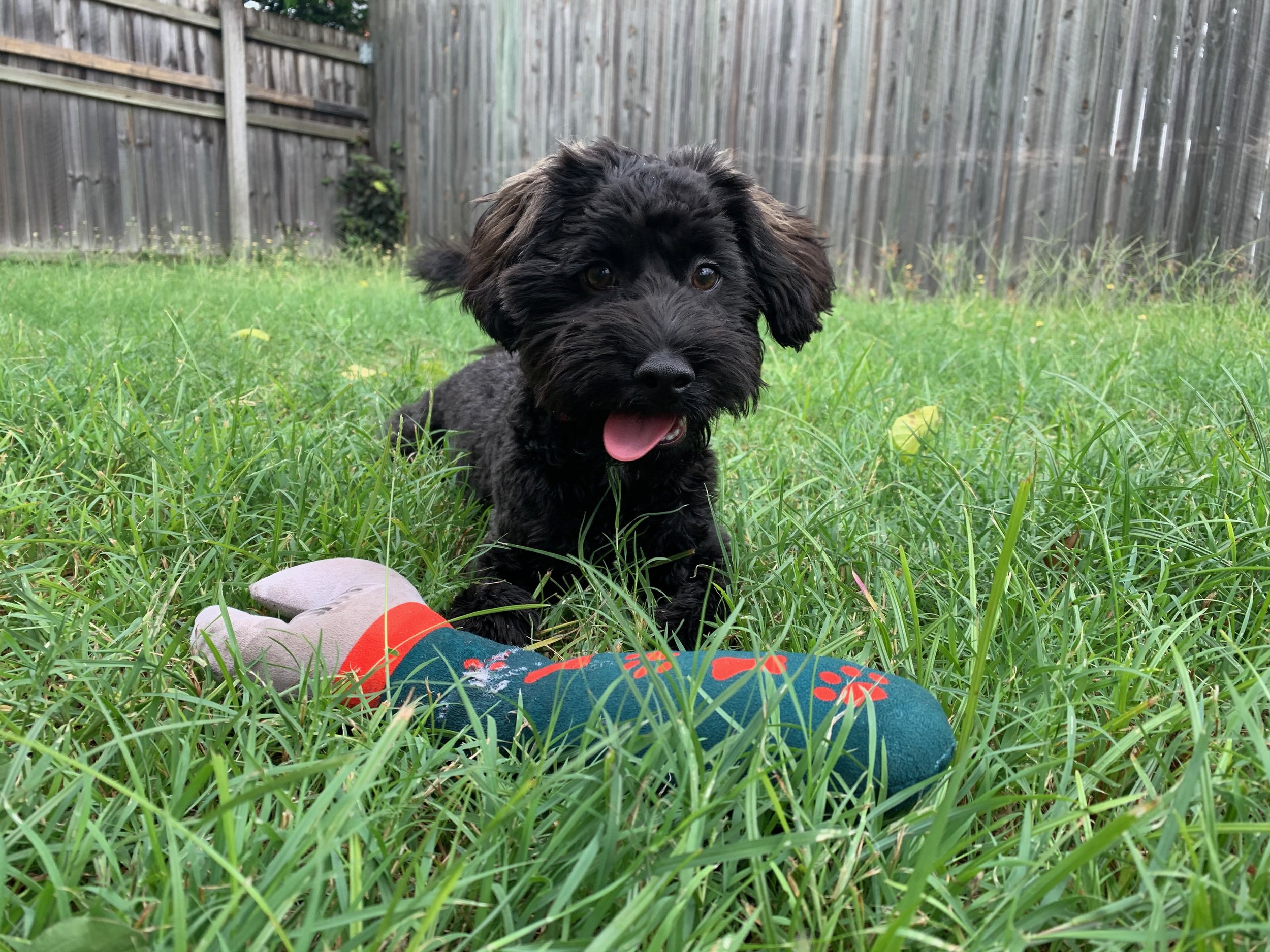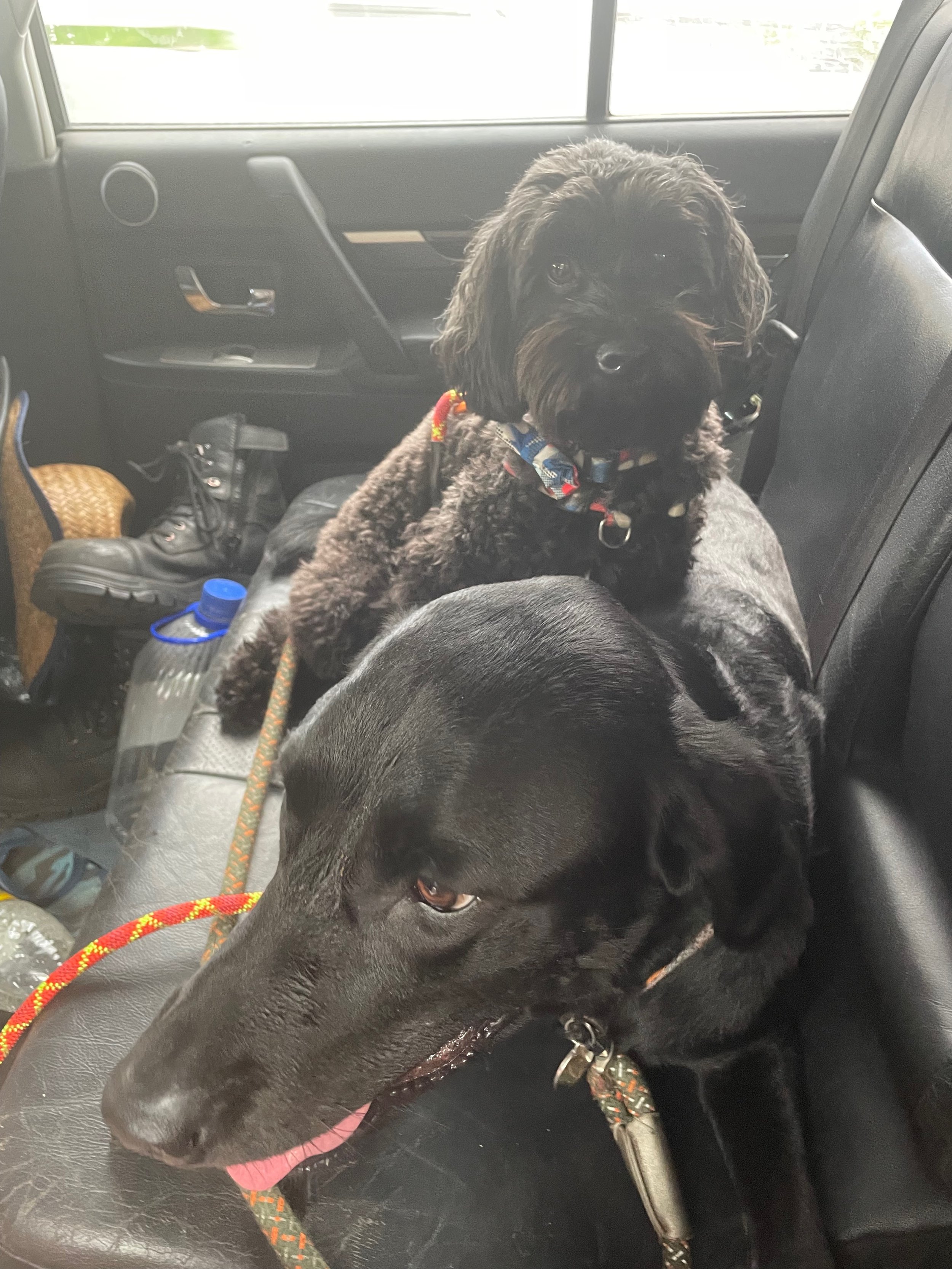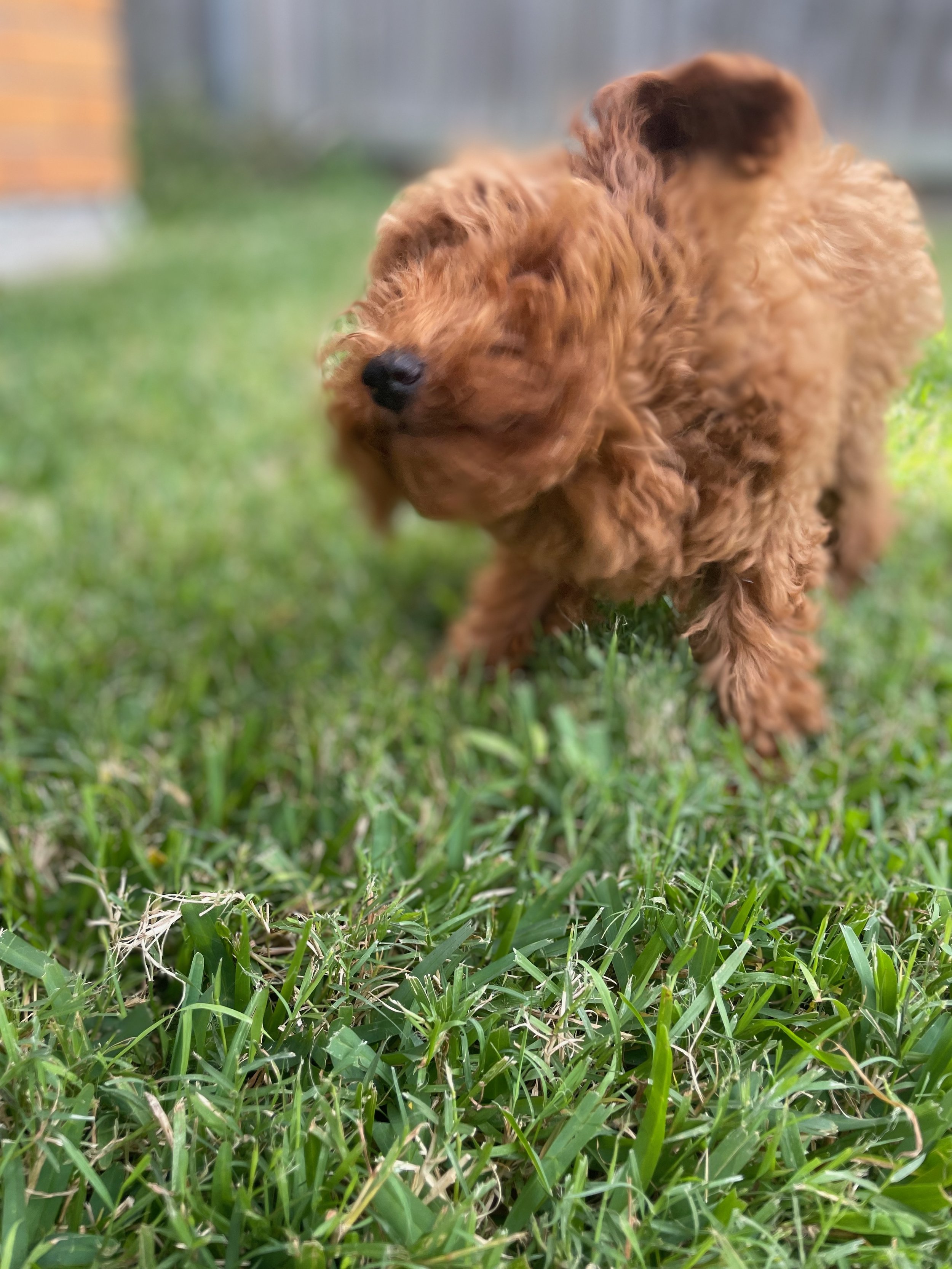About Animal Assisted Therapy
Benefits
Reduces anxiety – the presence of a friendly animal reduces the physiological symptoms of anxiety (increased heart rate, breathing, high blood pressure etc.), allowing clients to feel more comfortable in therapy.
Fosters healthy attachment relationships, not only with the animal, but also with people.
Develops empathy, sharing, and care-giving capabilities.
Builds skills and confidence in clients.
Helps clients share traumatic experiences in an emotionally safe way.
Helps clients who have been abused, neglected, or rejected, to find new hope.
Allows modelling of different things, one of the most beneficial being how the therapist manages the animal’s behaviour.
Teaches appropriate behaviour with animals, and consequently, with other people.
Helps calm clients both emotionally and physiologically.
Provides a unique opportunity for clients to overcome a fear of dogs, and can prepare children for encounters with unfamiliar dogs in public.
How it works
Clients help train the dog, learning basic obedience commands and teaching the dog new tricks.
Clients learn how to stay safe with dogs as well as how to keep the dog safe.
Clients take part in grooming and caring for the dog, learning appropriate touch and sensitivity to the dog’s signals. This is often calming for both the client and the dog.
Clients learn to regulate their own emotions and behaviours as they interact with the dog.
Child clients may communicate their thoughts and feelings to the dog, either directly by telling the dog, or indirectly through stories or artwork involving the dog.
Child clients may engage in problem-solving by helping the dog “resolve” problems that might be similar to those experienced by the child.
Is the dogs safe?
Every effort is made to ensure the safety of everyone involved at Modpsych Psychology. Archie has had and will continue to have intensive training and been assessed by industry professionals to be behaviourally safe. All interactions with clients are completely supervised. Parents or caregivers (in the instance of child clients) should discuss with their therapist any pet allergies or prior negative experiences with animals that their child may have had.
This program is completely voluntary. In the very unlikely event of scratches or other injuries, staff will apply first aid and immediately inform parents (in the instance of a child client). To date, the program has run successfully with no negative incidents.
We provide hand sanitiser at every session and the animals are kept to a very high standard of grooming and general health (vaccinations, worming, etc.). Please contact us if you have question or queries.
Archie
We have Archie who is Modpsych Psychology’s certified therapy dog (certified through Positive Response Dog Training). Archie is a Shitzu cross Poodle and is full of playful energy. Archie is very in tune with the patient. If the patient is excited Archie will become excited with the patient. The same goes if a patient is upset, Archie will remain cool, calm and collected with the patient. If you or your child are not comfortable with dogs then he does not need to be in the in room during the session - Kathleen or Bek will look after him. We are getting constant training so he can reach his full potential as a therapy dog. We have treats in the reception area and in the clinic so the client can connect with and help train Archie.
If you would like to learn more about A.T.T (Animal Assisted Therapy) then click this link here.
Milo
Milo is our second therapy dog but he is not accredited just yet. As Milo is a puppy he is too young to go through the process of becoming a therapy dog. When he is old enough (18 months) we will start the process. At the moment Milo is still a puppy so he is greeting all the client as they come into the clinic.
Photo taken by FrancesSuterPhototgraphy



